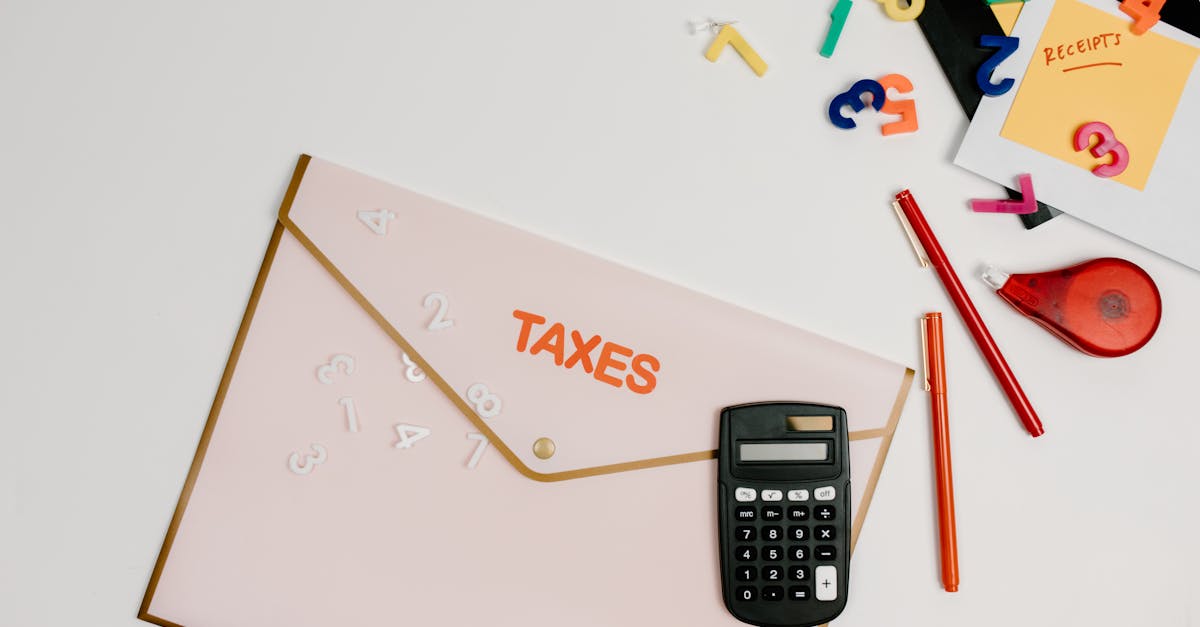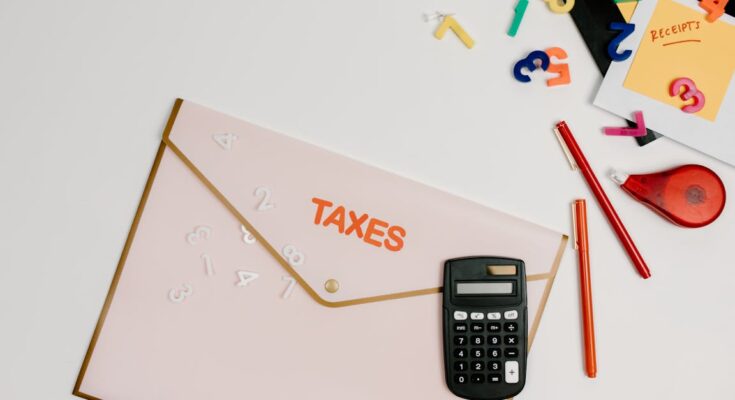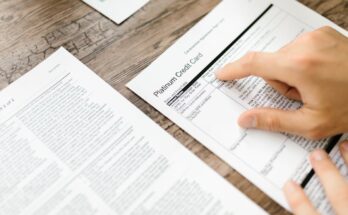Okay, let’s talk taxes. For many folks, tax time feels like hitting a giant pothole – it costs you a chunk of money and nobody really enjoys it. You work hard for your money, and seeing a big slice of it go to taxes can be frustrating. Maybe you’re just starting out, maybe you’ve got a family, or maybe you’re running your own thing on the side. Whatever your situation, you’re probably wondering if there’s a way to keep more of your earnings in your pocket instead of sending it all to Uncle Sam. Good news! There are absolutely smart moves you can make throughout the year, not just in April, that can seriously shrink your tax bill. This article is gonna walk you through some simple, practical tips that could potentially save you thousands. Think of it like finding hidden discounts you didn’t know about.
Getting your taxes squared away might seem like a total headache, but honestly, a little bit of planning goes a long, long way. We’ve covered some pretty effective strategies here, from simply keeping good records so you don’t miss anything, to using things the government actually encourages, like saving for retirement or giving to charity. Remember that story about Alex figuring out they could deduct their home office? Or Maria saving a bundle by boosting her 401(k)? These aren’t magic tricks; they’re just smart choices based on understanding the rules. The biggest takeaway? Don’t wait until the last minute. Start thinking about your taxes now, make small changes, and you’ll likely see a real difference. Taking control feels good, especially when it means keeping more of your hard-earned cash!
Why Keeping Good Records Is Your First Step
Imagine you’re trying to bake a cake, but you just guess at the amount of flour and sugar. It’s probably not gonna turn out right, is it? Taxes are kinda similar. To make sure you’re paying the right amount – and not a penny more – you absolutely gotta know what went where. This means keeping good track of money you earned, money you spent on things that might lower your taxes, and any official paperwork you get, like W-2s from your job or 1099 forms if you do freelance work. Don’t just stuff receipts in a shoebox! Try organizing them, maybe in folders, or even taking pictures and saving them digitally. If you have costs related to your job that aren’t reimbursed, or donations you made, or medical bills that hit a certain amount, you need proof. Without good records, you might miss out on valuable deductions or credits just because you can’t remember or prove the expense.
Unlock Savings with Common Tax Deductions
Okay, so you’ve got your records sorted. Now what? The next big step is understanding deductions. Think of deductions like finding coupons for your tax bill. They reduce the amount of your income that the government taxes you on. It’s like saying, “Hey, I made this much, but I also spent money on these specific things you allow, so only tax me on the smaller amount.” There are a bunch of things you might be able to deduct. For example, if you own a home, you might be able to deduct the interest you pay on your mortgage and property taxes. If you paid interest on student loans, that could be a deduction too. Medical expenses above a certain percentage of your income, state and local taxes (up to a limit), and contributions to retirement accounts are other common ones. It really pays to see which of these ‘coupons’ apply to you.
Don’t Forget Tax Credits – They’re Like Direct Discounts!
While deductions reduce your taxable income, credits are even better. Think of credits as a dollar-for-dollar discount off the actual tax amount you owe. If you owe $3,000 in taxes and you qualify for a $1,000 tax credit, you now only owe $2,000. See the difference? Deductions reduce the pool of money being taxed, but credits directly chop down the final bill. There are lots of credits out there, aimed at different things the government wants to encourage. For instance, there are credits for education expenses, for adopting a child, for energy-efficient home improvements, and significant credits for families with children. You might qualify for credits you didn’t even know existed, just based on your life situation. Always check if you’re eligible for any credits when doing your taxes.
Saving for Retirement Saves You on Taxes Too
Here’s a win-win: saving for your future retirement can seriously help you out with your taxes right now. Money you put into certain retirement accounts, like a traditional 401(k) through your job or a traditional IRA you set up yourself, is often tax-deductible in the year you contribute it. This means that money goes into your retirement fund *before* taxes are calculated on that portion of your income, lowering your current tax bill. Let’s say you make $50,000 a year and contribute $5,000 to your 401(k). Now, the government only taxes you as if you made $45,000. Over time, this adds up big time. Plus, your money grows tax-deferred until retirement. It’s one of the most powerful tax-saving moves many people can make.
Tax Implications of Life Changes
Life happens, right? Getting married, buying a house, having a kid, going back to school, starting a side hustle – these aren’t just big personal milestones, they also have significant impacts on your tax situation. Getting married means you can likely file jointly, which might change your tax bracket and eligibility for certain deductions and credits. Buying a house opens up deductions like mortgage interest and property taxes we talked about earlier. Having a child qualifies you for child tax credits and potentially other tax breaks. Starting a side business means you have new income to report, but also new potential business deductions. It’s super important to understand how these big life changes affect your taxes so you can plan ahead and make smart decisions.
Thinking Ahead: Year-End Tax Planning
You don’t have to wait until tax season is staring you down to think about taxes. Doing a little tax planning throughout the year, especially as the end of the year approaches, can make a huge difference. This is when you can look at your income and expenses so far and see if there are any moves you can make before December 31st to lower your tax bill. Maybe you’re close to the limit for deducting medical expenses, so paying that outstanding doctor’s bill now makes sense. Maybe you’re thinking of making a charitable donation; doing it before the year ends lets you claim it this tax year. Or perhaps you can max out your retirement contributions. Year-end planning is your chance to take a peek at your tax picture before the door closes on the current tax year.




